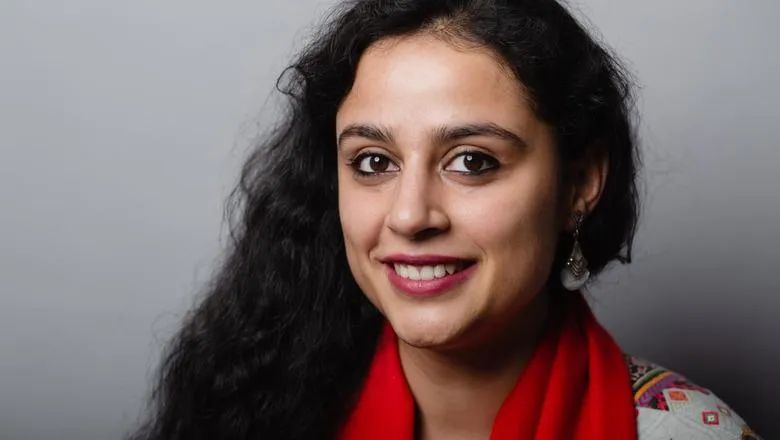“Academic engagements in the past decade with VACs looked at their operations in Turkey and in Morocco through interview and observation methods. Besides these limited studies, the knowledge production on VACs largely comes from the media reports or the VACs themselves.” Dr Rafiq.
01 March 2024
King's Academic will provide key insights to enhance visa processing systems between the UK and India
Dr Samah Rafiq has been awarded an Early Career Small Research Grant from the British International Studies Association to explore the impact of migration control between the UK and India on the migrant population, with a focus on enhancing security and efficiency.

Dr Samah Rafiq, Lecturer in International Relations at the Department of War Studies was awarded the grant for the project ‘State-private hybrid regimes of migration control’ from the British International Studies Association.
Dr Rafiq will focus on the impact of outsourcing in visa applications on our understanding and practice of security, sovereignty and borders, and the distribution of responsibility between the Visa Application Centre (VAC) and the consulate.
The outsourcing of visa processing is justified by governments and service providers to enhance efficiency and reduce costs. However, concerns have been raised about the security implications of privatising this crucial aspect of migration control. Data breaches in India in 2007 and London in 2015 underline these concerns and highlight the need for proper oversight and regulation.
India and the UK have been chosen as focal points for the research due to their significance in visa outsourcing and the availability of archival records related to migration control. Additionally, the colonial ties between the two countries highlight the differences in access. Nationals from the global south often face greater visa restrictions compared to their counterparts from the global north.
The outsourcing of visa application processing began in 2001 with the US government’s contracting of VFS Global for the role. Today, companies like VFS Global, TLS Contact, BLS International, and Atlyss manage visa application services for approximately 70 client governments worldwide, including the UK. These companies handle everything from application filing to biometric data collection and communication of final decisions, often acting as the intermediary between applicants and consulates.
By delving into these complexities, Dr Rafiq seeks to provide insights that can inform policy decisions and improve the security and efficiency of visa processing systems. Through collaboration with migration policy, the project aims to engage with stakeholders and contribute to a deeper understanding of the global divide and its implications on migration control.
The project will run from April 2024 to March 2025.

